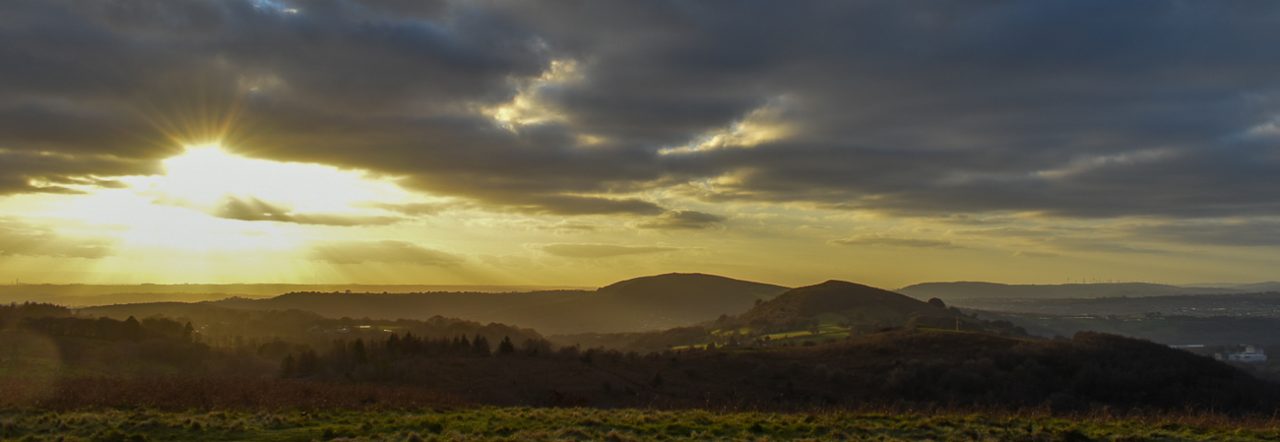
This book was recommended to me by a friend in Australia; I doubt I’d have come across it otherwise.
Full of detail on the personalities involved in setting up and running the first colony in Australia, the book chronicles events leading up to the decision to transport convicts from England, and describes life for those early involuntary pioneers.
What I found most striking about this account was the utter indifference to either justice or humanity displayed by those in authority. The politicians in charge at the time were clearly unconcerned about the causes of crime, preferring to blame poverty on the poor and ensure these victims were severely punished for having the temerity to attempt to survive in an unjust world. Where, I wonder, have I noted such attitudes in today’s world? Ah, that’d be the Tory Government in UK at present, of course.
And that may be one of the points behind this book: the inability of certain authority groups to learn from history.
From the beginning, this enterprise was ill-conceived, poorly planned, underfunded, understaffed, inadequately prepared and generally brought about by a group of wealthy privileged individuals whose only concern was the removal of a problem of their own creating. No compassion, no common sense and no humanity was evident in those making the decisions. They selected unsuitable transport, often inept and/or cruel commanders and a totally unacceptable destination. In spite of the many years of supposed consideration prior to the final departure of the first fleet, the venture was initiated without any care for the unfortunate transportees or their guardians.
As the account unfolds, disaster follows disaster and the reader is left wondering how anyone actually survived this unholy mess. That the vast majority of the convicts who suffered this dreadful journey were guilty only of trying to stay alive in a land where greed ensured the poor remained unfed, unemployed and ignored, seems to have eluded those in authority. Of course, the expedition took place at a time when the religious authorities blamed the poor for their lot; an attitude that seems sadly to continue to this day in certain prejudiced minds.
There are, of course, tales of incredible courage, amazing tenacity, and sheer dogged determination amongst the more frequent accounts of brutality, injustice, indifference and arrogance. The sheer incompetence of so many of those in positions of responsibility is mind-blowing.
I finished this book wondering how Australia ever developed into the modern, outgoing, successful and diverse country it now is. Given this appalling start, it’s no surprise that early mistakes were made by settlers and that many injustices were visited on the indigenous population by the put-upon pioneers.
This book is a superb illustration of the faults and conceit that inevitably accompany the expansion of empire, where individuals cease to have any value unless they are people of ‘consequence’ or wealth. From so far into the future, it’s depressing to note that many of the lessons that should have been learned from this almost catastrophic enterprise have been ignored by those in power today.
A sobering and ultimately disheartening account of man’s inhumanity to man. Well researched and expressed in terms that fully convey the true conditions in place at the time.



If it happened today, Stuart, the convict fleets would be outsourced to Group4, and everything blamed on the EU.
LikeLiked by 2 people
Agreed, Mick. And even more profit made from the misery of others, of course!
LikeLiked by 1 person
Plus ca change, Stuart.
LikeLiked by 1 person
That Captain Arthur Phillip (commander of the First Fleet and first governor of the Australian State of New South Wales) sure was some seafaring whiz!
Phillip retired 17 years after his epic landing in the country that would later become known as Australia, with the title of Admiral, which is still to this day the highest rank to which an officer in the Royal Navy (UK) can be promoted.
LikeLiked by 1 person
He was that, alright. But, inevitably, he exhibited the peculiarities of the age in his approach to governing the settlement.
LikeLiked by 1 person
Harsh times and conditions called for harsh measures no doubt.
A story casting Arthur Phillip in a favourable light was that he ordered the Eora Aboriginal people, who lived around the waters of Sydney Harbour, be well-treated, and that anyone killing Aboriginal people would be hanged.
Phillip befriended an Eora man called Bennelong, and later took him back to England. On the beach at Manly one day in 1789, a misunderstanding arose and Phillip was speared in the shoulder: but he ordered his men not to retaliate. Phillip insisted that no pay-back be taken to avenge his own non-fatal spearing.
As educated readers are only too well aware, how figures of history are portrayed is often, to at least some degree, a matter of the writer’s own style and adopted point of view.
LikeLiked by 1 person
I recall the story of Bennelong from the book, Glen. My comment about reflecting the times was more about the building of his own home as a priority, whilst leaving the convict settlers to live in squalor. And, as you point out, historical figures are often misrepresented; though that generally means the rich and powerful are elevated, since history is recorded by the victors, of course.
LikeLiked by 1 person